I love planning. When it comes to travel, the fun begins not upon departure but when I first start researching a trip. Where will I go? What will I see when I’m there? Which AirBnb or hotel has the best deal, has the best location, fits the travelers in my group?
Because I am a writer and a bit of an over-planner, I like to research, prepare, and write these things down, and I assume others will want to do the same.This may or may not be the case.
I just returned from an amazing trip to Crater Lake National Park, which has been on my bucket list for years. Three couples from my running group joined me. My husband did not as he couldn’t get time off from work. Being the “seventh wheel” in the group was fine with me.
Before the trip, I researched. I scoured lodging websites to find a place that would fit a group. I downloaded the All Trails app to research hikes. I priced rental cars. As one does. Or so I thought.
I put all the information into a Google sheet, including but not limited to:
everyone’s flight arrival and departure times
itinerary of suggested hikes
links to websites about hikes
address of the AirBnb and a link to the listing
rental car information
breakdown of costs including each person’s share
suggested meals
grocery list based on above meals
As one does. Or so I thought.
Apparently, not everyone does this. Or even reads the spreadsheet when it is provided for them. Who knew?
When I got questions, my first response was “it’s on the spreadsheet.” This became a bit of a running joke because some, but not all, of my group members even opened the spreadsheet.
“What time do you think we need to leave tomorrow morning to get to the park?”
“Wait, is that on the spreadsheet?” (laughter)
(Um, yes, actually. Departure time is on the spreadsheet.)
While I did have a plan, and asked group members to contribute to it, which some did, you cannot plan for the unexpected. And of course, unexpected things happen when you travel.
We had two days in the park. The first day was sunny with a few puffy white clouds, in the 70s, gorgeous. The breathtaking views of the lake stunned us. We hiked up Garfield Peak, ate lunch overlooking the lake. The surreal blue of this lake, filled entirely by snowmelt, is stunning. It is the deepest lake in the United States at nearly 2000 feet deep. It’s waters are so pure and clear you can see down more than 100 feet.
After hiking back down, we rested by the Crater Lake lodge, then drove to Watchman Peak, where we hiked up a mile then back down. A couple of us jogged down the descent, which was great fun.
The miraculous blue of the deepest lake in the U.S.
The next day, we rose early, as we had reservations to ride a boat to Wizard Island which is the remaining volcano cone in the middle of the lake. But we noticed the air was a bit smoky. Wildfire smoke had drifted into the park. We could barely see the lake. The air quality number was over 200, forcing the boat operator to cancel our ride.
The view just wasn’t the same.
There’s nothing in the spreadsheet about this.
As an overplanner, I was frustrated. I hadn’t planned for this. No one could.
But sometimes, travel requires us to plan as best we can, but then flex when the plan goes awry. So we did. Crater Lake is surrounded by steep cliffs. The only way to reach the lake’s shore is to hike down the Cleetwood Cove trail, which takes you to the docks where we would have caught the boat to Wizard Island. So we chose to still hike down. It’s a one-mile hike which descends 900 feet.
On the rocky shore, we set down our packs and jumped into the frigid water, just to do it. Soon we hiked back up the steep trail, our clothes drying in the wind and sun.
Yes, it was very cold.
Since hikes along the lake’s rim no longer offered a clear view of its blue waters, we explored other trails. We saw two beautiful waterfalls, and the amazing “pinnacles” which are towers formed by volcanic eruptions more than 7000 years ago.
We went to the visitor center and watched a film about how Crater Lake was formed when the largest volcano in Oregon erupted and then collapsed. Here’s a page that explains more about it.)
We hiked, explored, drove through the park, soaking in all the beauty and the wide variations in the landscape.
I love travel because it always expands your horizons. It teaches you things about yourself and the world. On this particular trip, I learned some things about myself, including:
Meticulous planning helps me manage anxiety
Laughing at yourself and your over-planning ways is healthy
I love research and anticipating a trip and that’s okay
Flexibility is the key to enjoying travel
It’s good to make plans but it’s also really good to hold them loosely
When you let go of trying to control things you actually have no control over, that also lessens your anxiety
When people ask you questions, it’s because they trust you to lead them (but it also means they didn’t read the spreadsheet and that’s okay)
Crater Lake National Park is a gem
I am lucky to have such amazing friends who like to hike and explore
I’m happy when I’m hiking
How about you? When it comes to travel, do you plan? Overplan? Wing it?
When it comes to life, what’s your approach? A lot of planning? Or not much at all? How is the desire to plan connected to our level of anxiety and how we manage it?





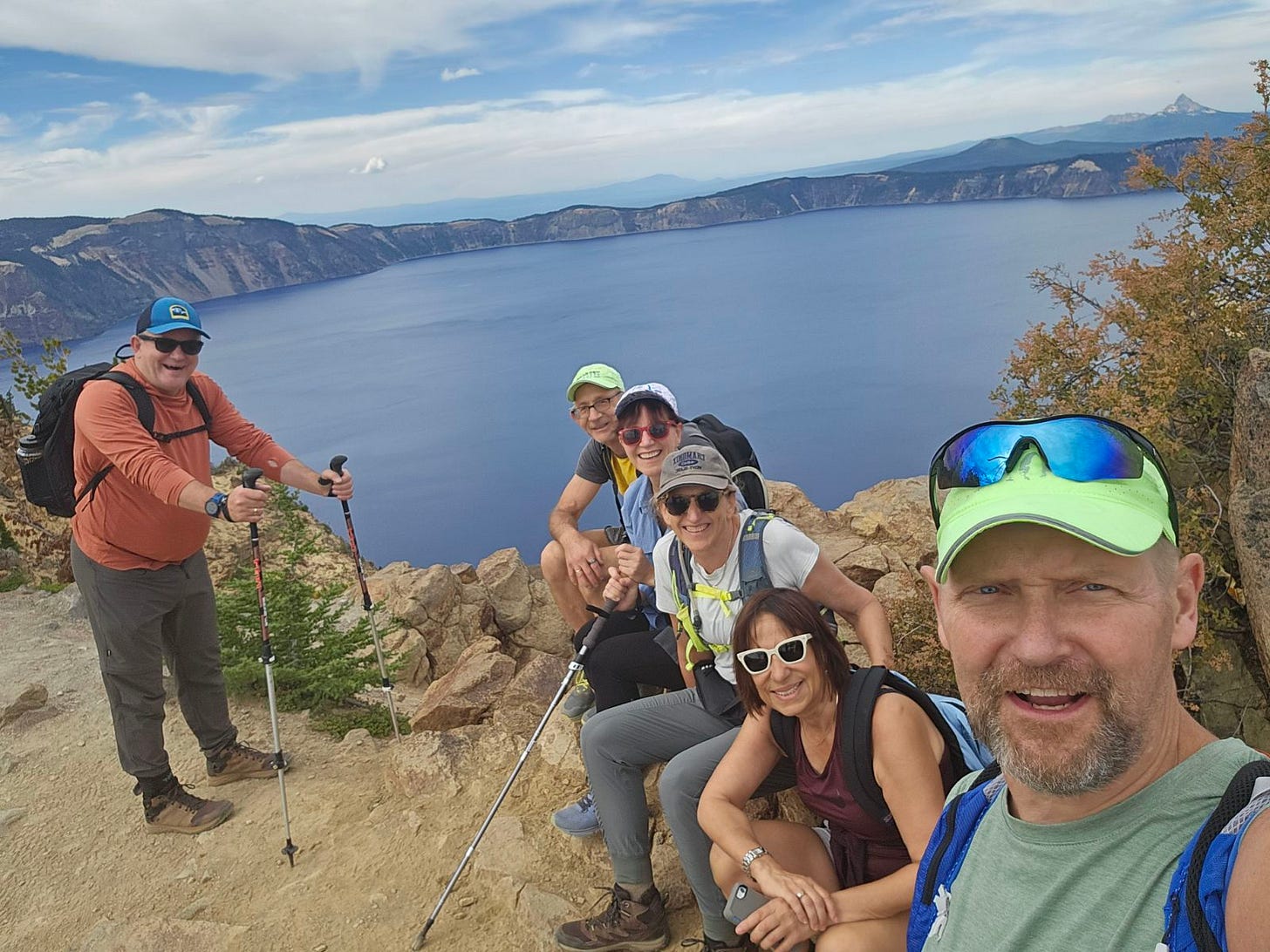
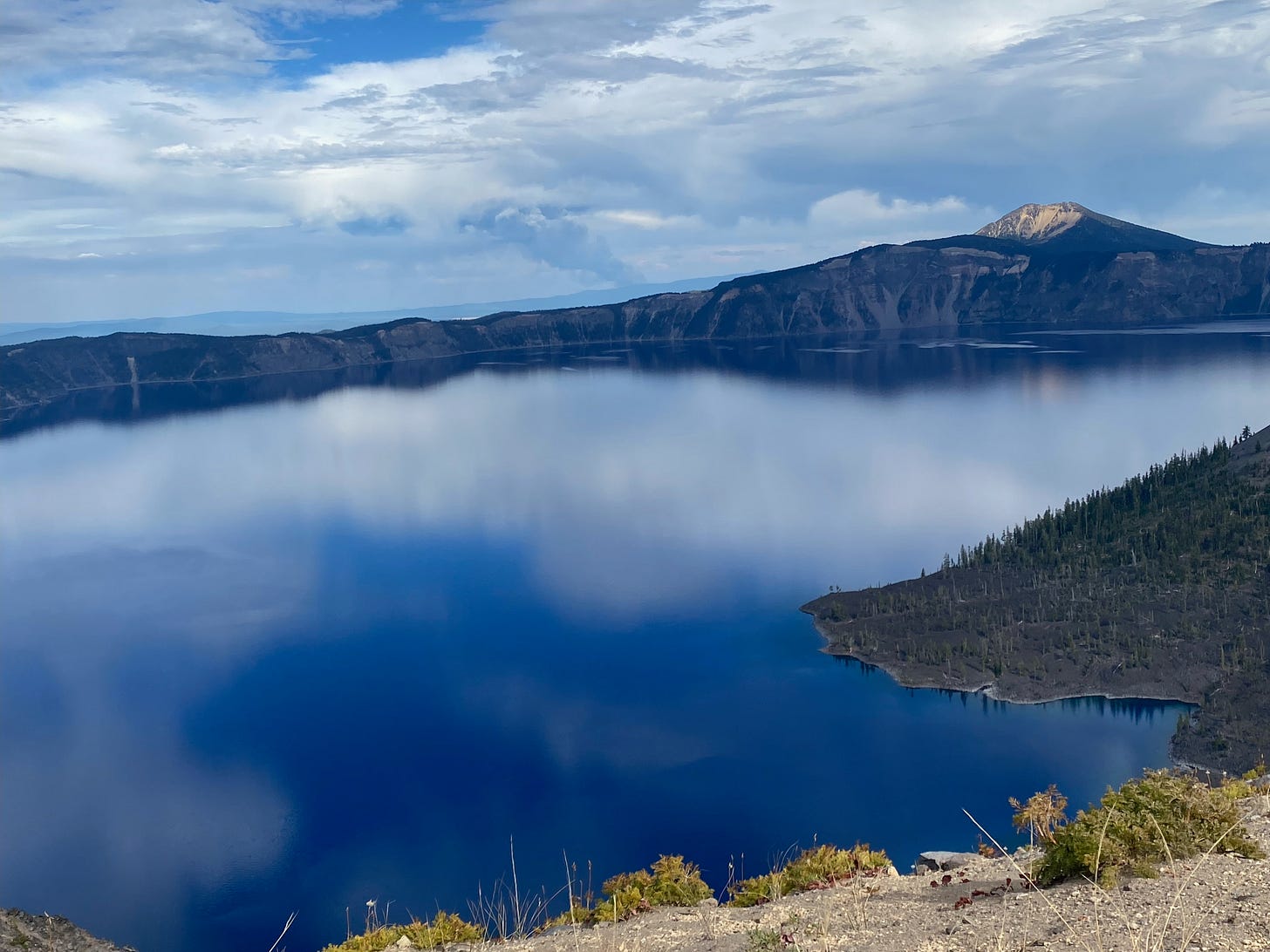
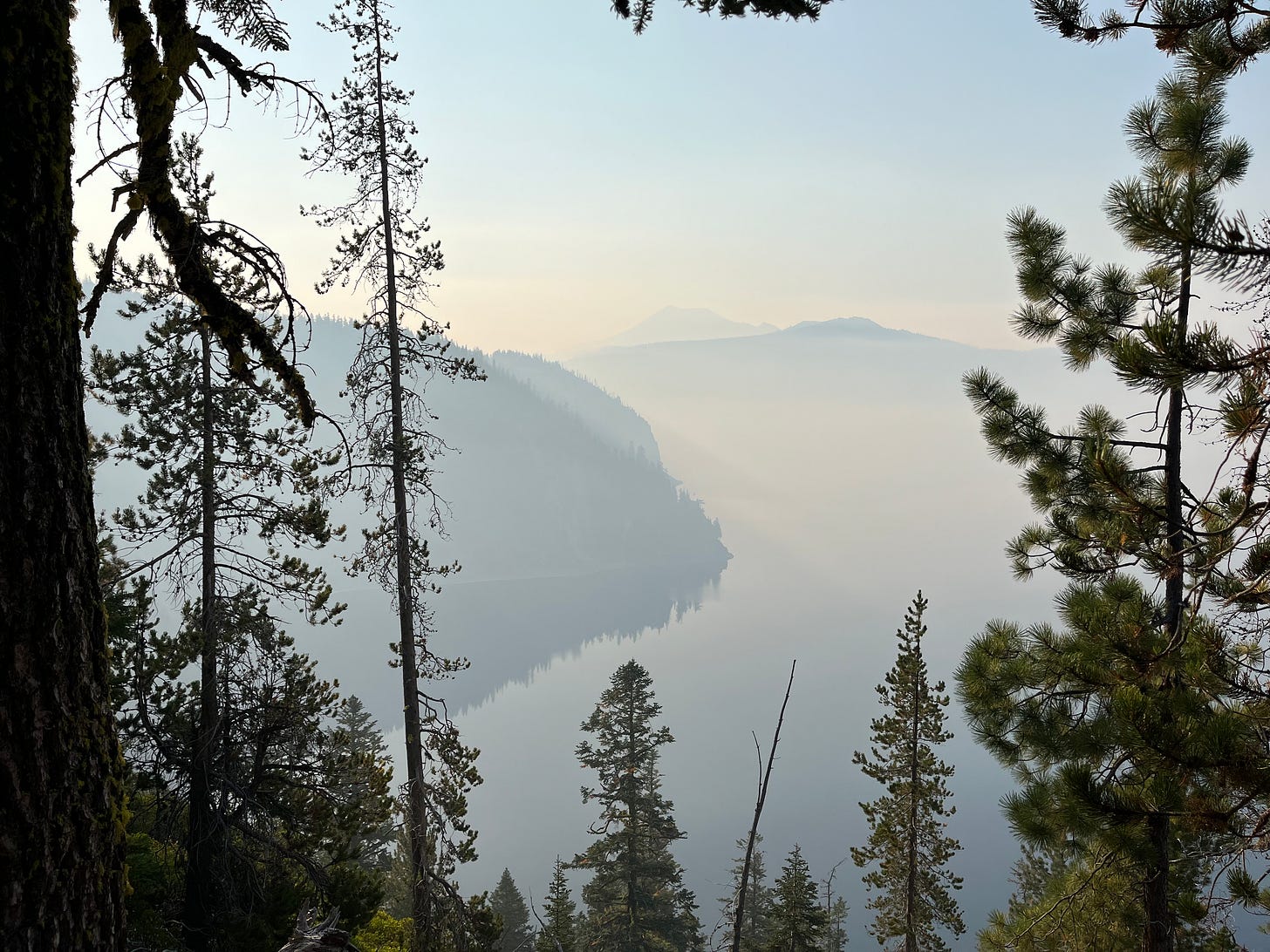

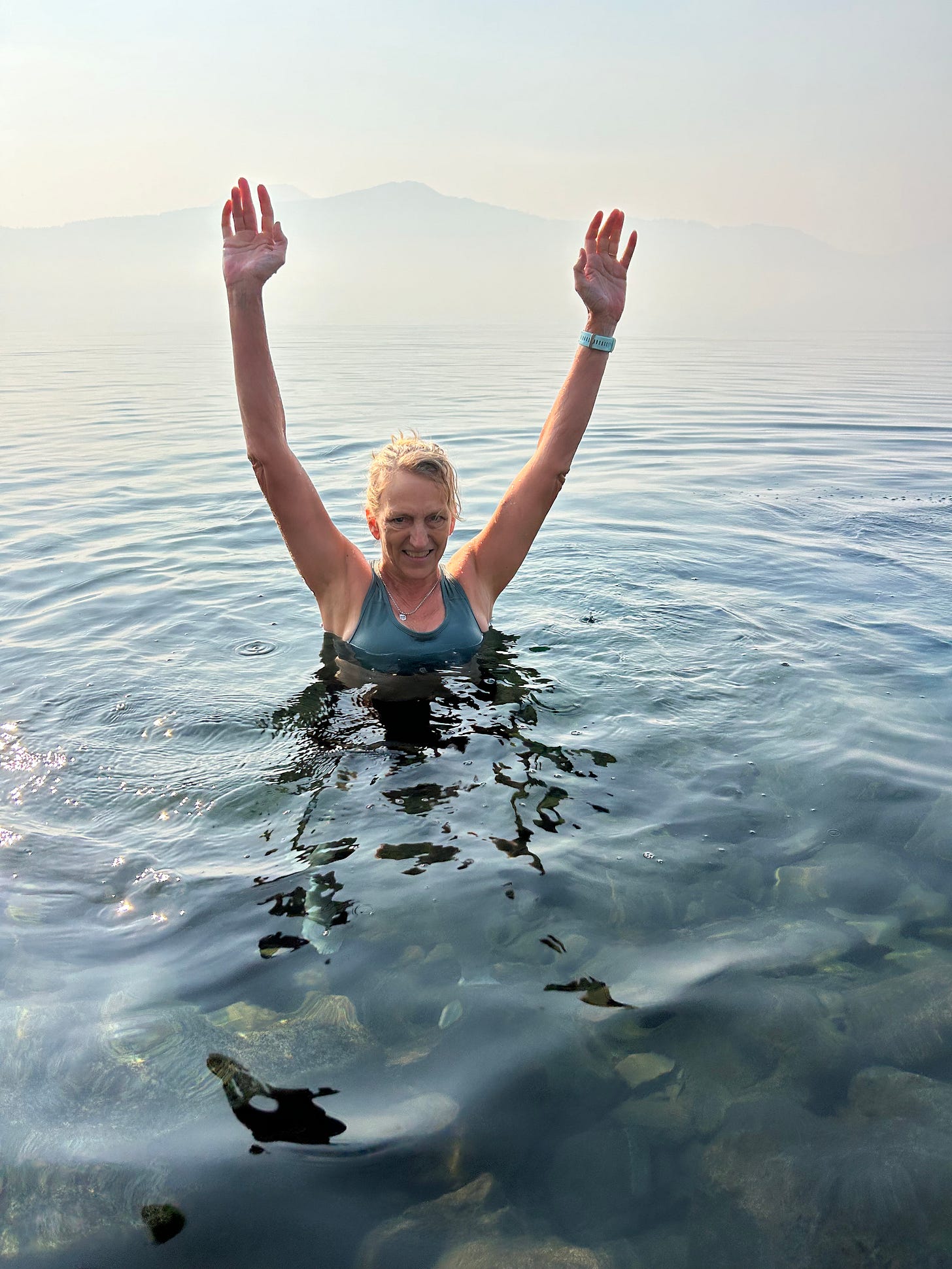
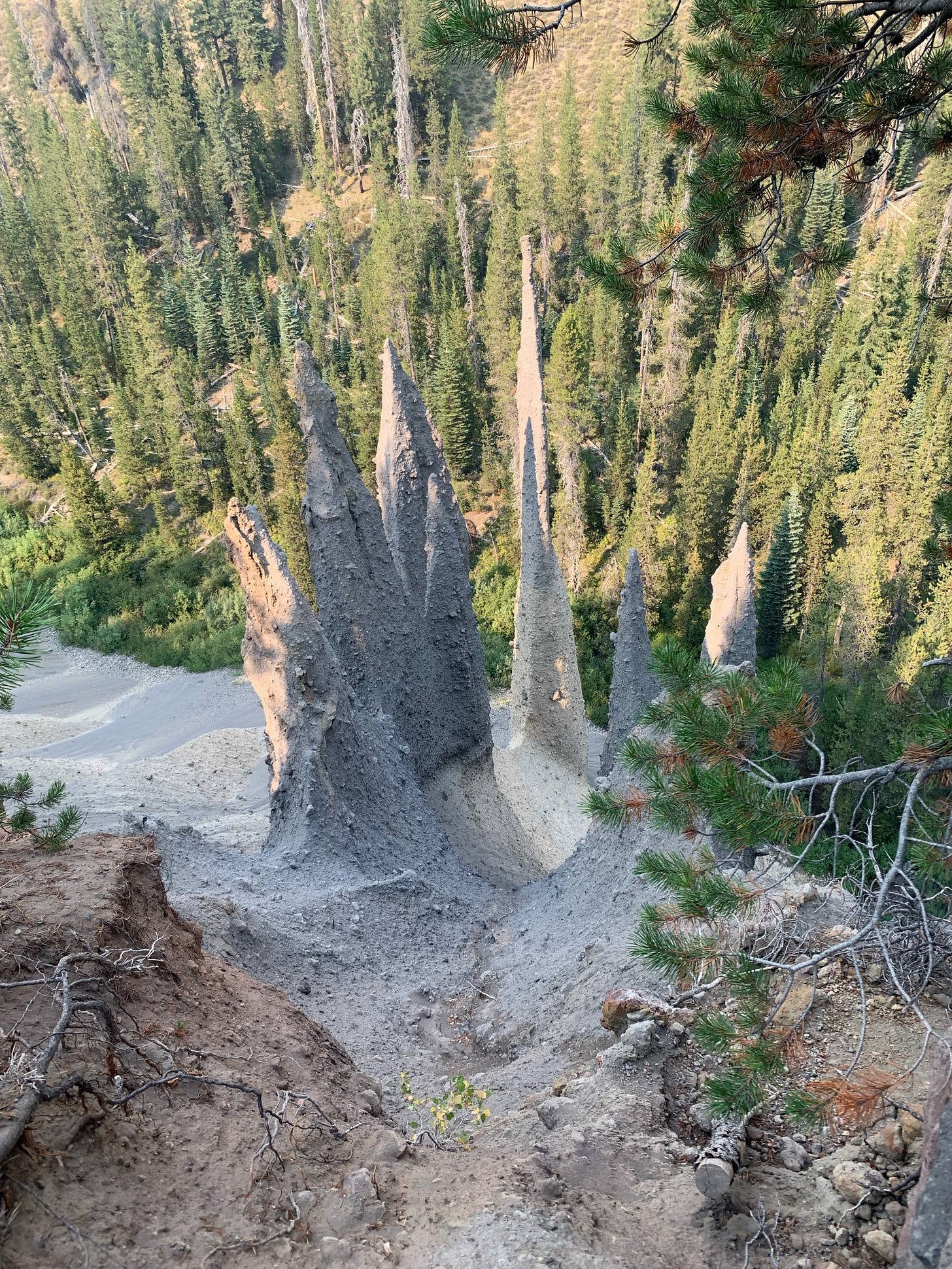
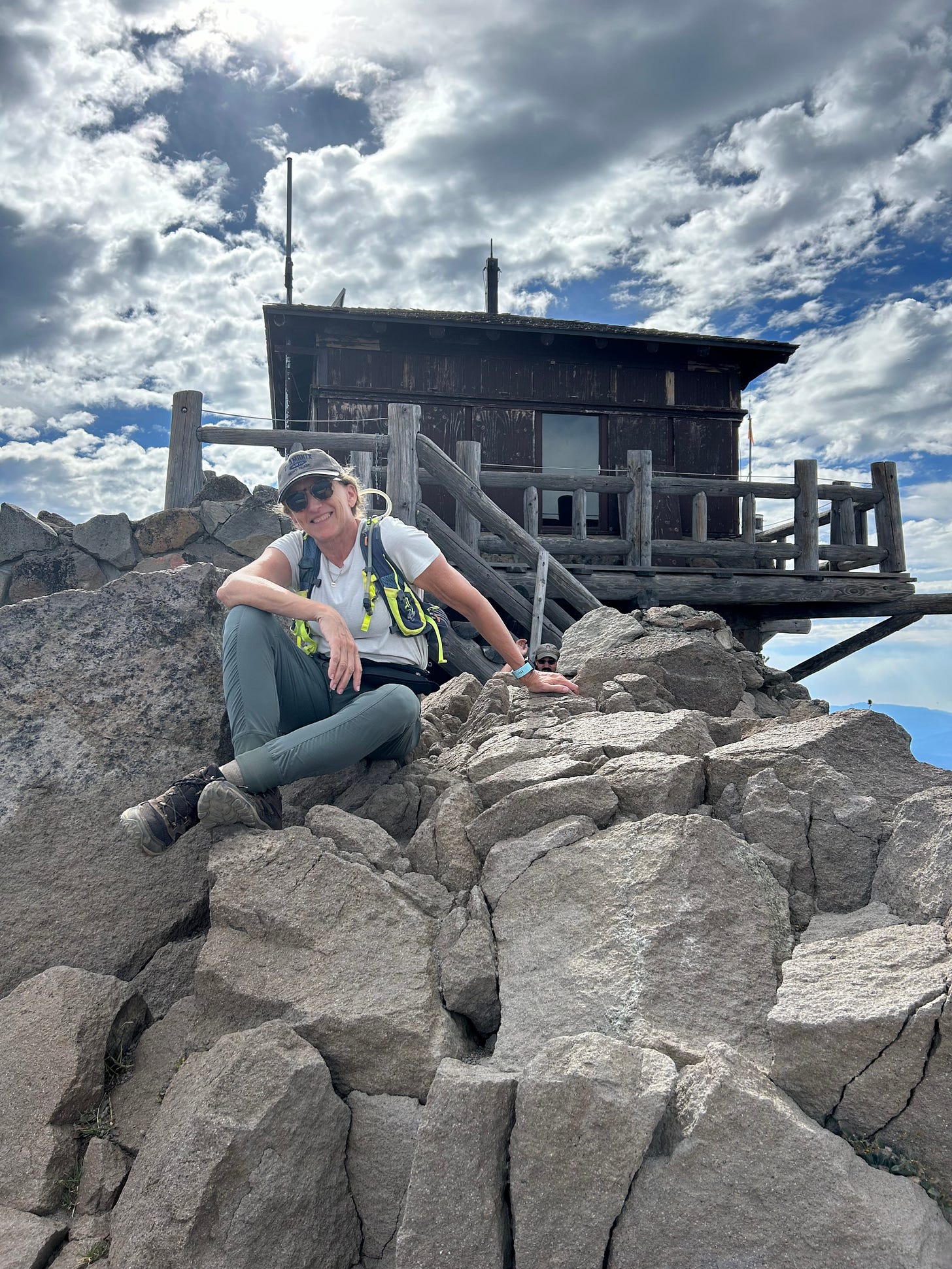
This used to be me--the spreadsheet queen. Before the digital age, I recall making three-ring binders for each vehicle in the caravan on a group trip--complete with printouts from MapQuest, haha! When my husband and I backpacked around Southeast Asia for three months this past winter, it was a deliberate exercise for me in NOT PLANNING. I didn't even research very much ahead of time. Instead, we played it by ear, chatting with other travelers, hoteliers, and guest house owners. This led to some great adventures and some . . . interesting . . . misadventures. We knew we would need to learn flexibility, though, for our life as full-time nomads. It paid off. Now I am very comfortable winging it. I still maintain a spreadsheet with multiple pages, but it is records of places we WENT, as well as gear we purchased, visa requirements, etc.
People not reading the material I work so hard to prepare and share drives me crazy! I like to say, "There's no such thing as a stupid question...just an unnecessary one." In my less gracious moments, it seems like laziness. I like how you made peace with this by viewing it as them trusting you as a leader.